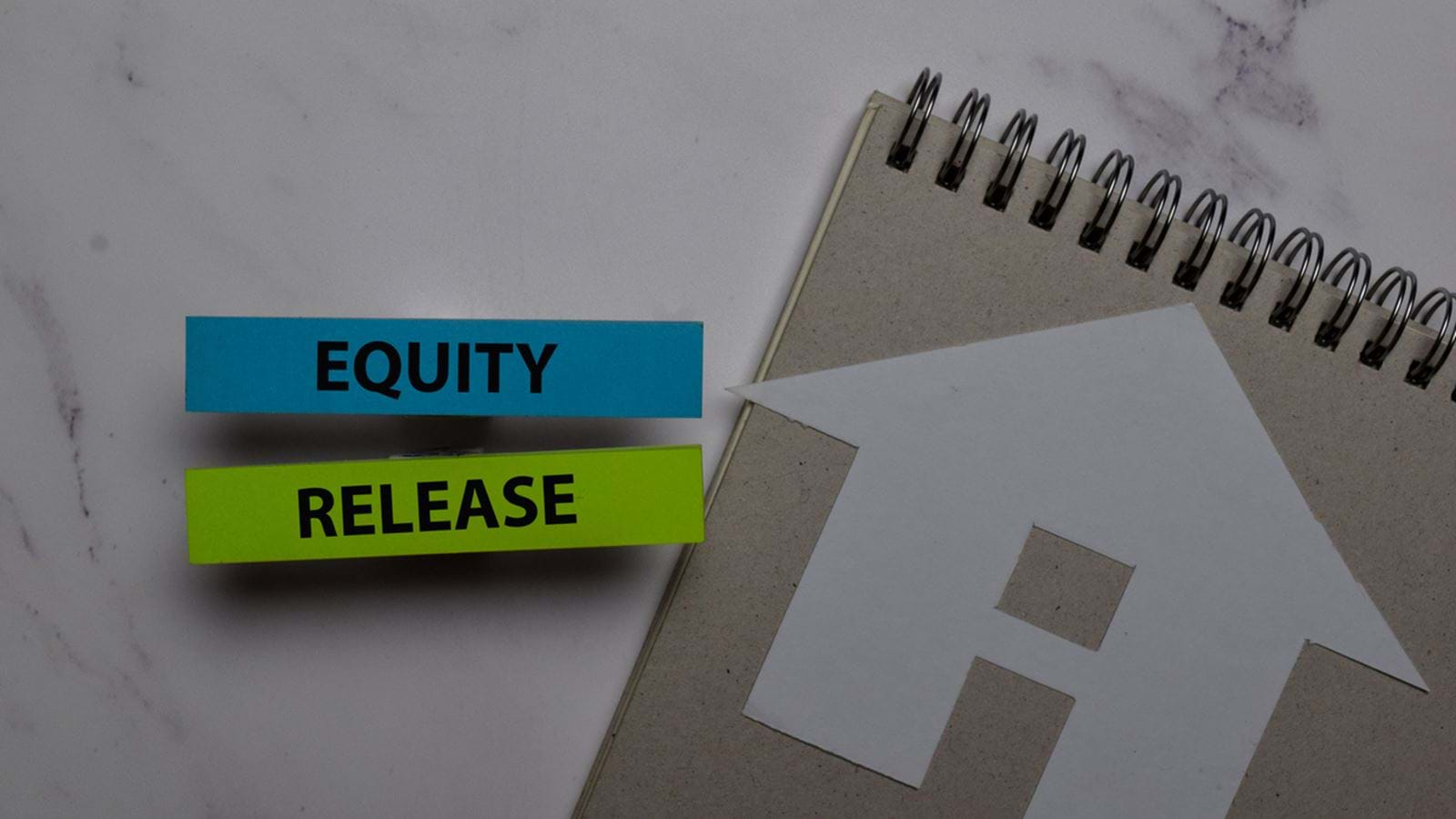Equity Release Advice: Is there a better alternative to equity release?

Equity Release Advice: Is there a better alternative to equity release?
Releasing equity can be a viable option for people over the age of 55 who are looking for extra cash. It allows cash-poor, property-rich people to access quick money all without having to move out of their beloved family home. However, interest can quickly roll up, benefits can be affected, and lifetime mortgages come with their respective lender and solicitor fees.
So, what are the alternatives to consider when looking for an equity release? Are they more preferable? Here are some key considerations:
Downsizing
Whilst an equality release has some advantages over moving home, such as reducing stress and mitigating moving costs, it can sometimes make sense to downsize. First and foremost, you will avoid the significant interest payments that are involved in lifetime mortgages, which can be as high as 5%. Moving may cost an immediate £10,000, for example, but this may be significantly less than your future cumulative interest payments - it may also mean going from having a mortgage to being mortgage-free!
Furthermore, it’s quite common for elderly people to struggle to maintain a large family home as they get older. If you’re not in need of the surplus space or having an upstairs, then downsizing will free up cash without giving up the space you actually use. Not only will it be easier to clean and move around in, but house maintenance costs are usually estimated to be 1% of the total house price. Thus, a £200,000 flat may cost around £2,000 a year to maintain, compared to £4,000 a year of a £400,000 detached house.
Finally, the cash you receive from this sale can be invested in a variety of other things based upon your financial strategy.
It can be a huge mental benefit to view the cash you do generate as making you money (invested from downsizing), rather than costing you money (interest from an equity release).
Monetise your current home
If you’re adamant about not moving out from your home, which many people are, then you could generate some extra cash using the largest asset you own: the home itself. One popular way to do this is to list a spare room you have on AirBnB. You can likely earn a very good nightly rate in the UK, between £30 and £100+ per night depending on the circumstance. This is also great if you enjoy socialising and hosting, and can be a great antidote to loneliness.
However, AirBnB can be both seasonal and unpredictable. To flatten the curves, you can rent the room out to a lodger. This will be a bit more settling and easier to forecast. Plus, the government has a Rent a Room scheme in which retirees can earn up to £7,500 a year tax-free.
If you have no space inside the home, your garage or parking space can be rented out. This is particularly lucrative if it’s in the city near offices, or anywhere where it’s expensive to park, like Cambridge. This could affect your benefits entitlement, just as an equity release can, but will of course mitigate the interest payments.
Taking money from your pension
In 2015, pension freedoms were introduced, meaning that retirement pots can be used however you like. From the age of 55 - which happens to be the age floor of an equity release - you can access 25% of your pension free of any tax. This can be either a lump sum or gradually, and is a great way to help top up income between the age of your early retirement and the state pension age of 66.
Of course, you may live longer than you think, which you need to prepare for. And, taking out pensions early comes at an opportunity cost - you would have received more over the span of your lifetime by leaving it in. This isn’t to say that you can’t safely invest the pension lump sum that is withdrawn, but usually investing isn’t a good idea for most situations.
What about remortgage advisory?
Many people who are looking for an equity release still have a mortgage - yet it’s common to neglect simply contacting the existing mortgage provider and talking about the situation. If you have an existing mortgage, you may be in a position to remortgage to terms more preferable for your situation.
Furthermore, you could get a Retirement Interest Only mortgage (RIO), which isn’t a fixed term and will instead run for the duration of your life. You only make interest payments, meaning your payments will be less than a current mortgage, and your estate will repay the capital owed at the end of the mortgage. This can reduce your outgoings, as opposed to increasing debt, but it may cost you less in interest than an equity release. Furthermore, this will not likely affect your benefits entitlements to the extent that equity releases might.
Friends and Family
It may be that your family is willing to help you out. This could be in a direct form of lending interest-free money, which will be repaid in the will, but it could also be offering a room to them in exchange for helping out financially. It’s not uncommon to move back in with parents as they get older, because they may need extra help or care. This can help cut down on housing costs for everyone, or pool together for a mortgage-free upsized family home. There are lots of dynamics and ways that family can mutually help each other, so communication is key!
If you are cash-poor and property-rich, feel free to get in contact with a member of the Moneytree Wealth Advisor team here. At Moneytree Wealth Management, we offer advice and guidance for equity releases alternatives and retirement advice, along with a free initial mortgage review.
Think carefully before securing your debts against your home. Your home may be repossessed if you do not keep up repayments on your mortgage.
Equity Release will reduce the value of your estate and can affect your eligibility for means tested benefits.

Need some help?
Talk to our experts today
